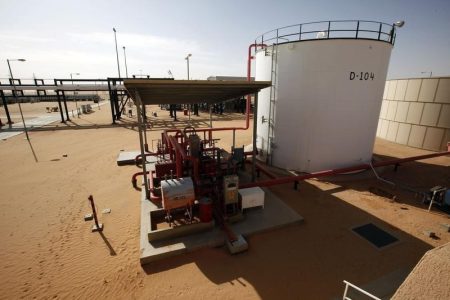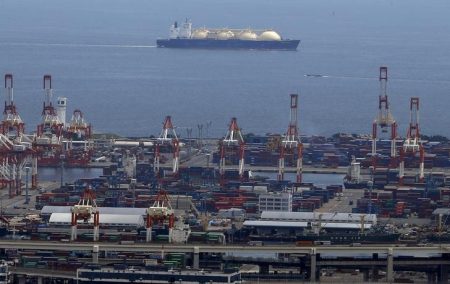The ongoing Israeli-Palestinian conflict, further aggravated by Israel’s ground invasion in Gaza and the resultant 8,000 casualties, could potentially cause significant disruptions in global commodity markets, according to a report by the World Bank. The institution has raised concerns about oil prices surging up to $157 per barrel in an extreme disruption scenario.
The bank’s report presents three risk scenarios for oil supplies, including a small disruption scenario which could see prices fluctuating between $93 and $102 per barrel. Despite these potential disruptions, forecasts indicate that average oil prices are set to decline to $81 next year, followed by a 4.1% decrease in overall commodity prices and eventual stabilization by 2025.
This situation is reminiscent of the dual energy shocks experienced during the Russia-Ukraine war and the Libyan civil war back in 2011. These conflicts led to a modest 6% increase in oil prices while leaving other commodities largely unaffected.
The World Bank’s Chief Economist Indermit Gill and Deputy Chief Economist Ayhan Kose have expressed concerns over possible food price inflation due to higher oil prices and have urged policymakers to remain vigilant. They noted that over 700 million people were undernourished by the end of 2022 and warned that high oil prices could intensify food insecurity.
The economists also highlighted a noticeable erosion of investor confidence as gold prices have risen by 8% since the onset of the conflict. The report advises against implementing food and oil price controls or export bans on food and fertilizer due to potential price volatility and heightened food insecurity.
Instead, it recommends improving social safety nets, diversifying food sources, and transitioning to renewable energy as more sustainable solutions. The report acknowledges the resilience of the global economy in absorbing oil price shocks but warns of uncharted territories for global commodity markets due to the escalating Middle East conflict.
This article was generated with the support of AI and reviewed by an editor. For more information see our T&C.
Read the full article here















